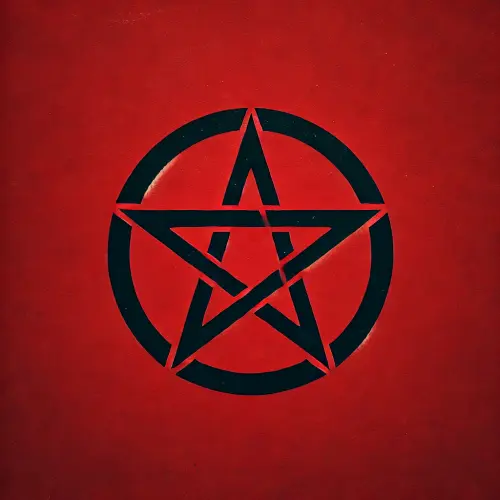Morocco (North Africa)
Morocco, a captivating nation in North Africa, is a land of diverse landscapes, rich history, and vibrant cultural heritage. Bordered by the Atlantic Ocean and the Mediterranean Sea, Morocco has long been a crossroads of civilizations, blending Berber, Arab, and European influences.

Historical Significance
Morocco boasts a deep and complex history, with its origins tracing back to ancient Berber kingdoms. The country was influenced by Phoenicians, Romans, and later the Islamic conquests, which played a crucial role in shaping its cultural identity. The establishment of the Alawite dynasty in the 17th century marked a significant era in Morocco’s governance, which continues to this day.
One fascinating aspect of Moroccan history is its diverse range of flags, each reflecting different dynasties and influences. Notably, between 1795 and 1915, the Alawites used a flag featuring a six-pointed star, commonly referred to as the "David Star," which symbolized the Ring of Solomon. This historical emblem highlights Morocco’s deep-rooted connections to various traditions, including Islamic, Jewish, and Berber heritage.
Cultural Diversity and Traditions
Morocco is home to a diverse population, with Arabic and Berber as the predominant languages. The country’s culture is a blend of indigenous Berber customs and Arab-Islamic traditions, enriched by Andalusian, French, and Spanish influences.
From the bustling souks of Marrakech and Fes to the serene landscapes of the Atlas Mountains and the vast Sahara Desert, Morocco offers a sensory feast. The country is renowned for its exquisite craftsmanship, including intricate tilework (zellige), leather tanning, and vibrant textiles. Moroccan cuisine is equally celebrated, featuring dishes such as tagine, couscous, and pastilla, infused with rich spices and flavors.
Geographical and Natural Wonders
Morocco’s geography is remarkably diverse, encompassing coastal regions, mountain ranges, and desert expanses. The Atlas and Rif Mountains offer breathtaking scenery and outdoor adventure opportunities, while the Sahara Desert provides a unique and mesmerizing experience with its golden dunes and nomadic culture.
The country’s coastal cities, including Casablanca, Tangier, and Essaouira, have played significant roles in maritime trade and cultural exchanges throughout history. Morocco’s unique position at the crossroads of Africa and Europe has fostered a dynamic and interconnected past.
Modern Morocco
Today, Morocco is a rapidly developing nation with a strong economy driven by tourism, agriculture, and industry. The country continues to preserve its rich heritage while embracing modernization and global integration. Its monarchy, led by King Mohammed VI, plays a central role in governance, balancing tradition and progress.
As Morocco looks toward the future, its deep historical roots and cultural vibrancy remain integral to its identity. Whether exploring ancient medinas, enjoying its stunning landscapes, or immersing in its rich traditions, Morocco continues to captivate the world with its unique charm and history.